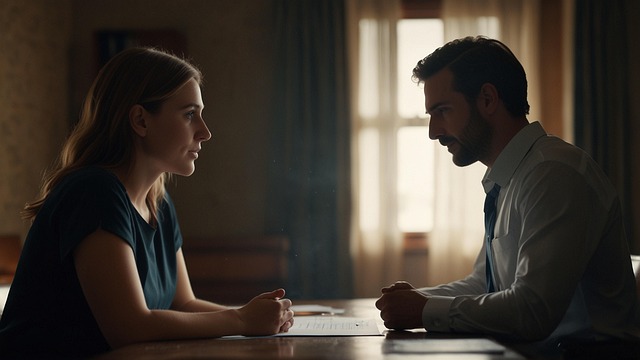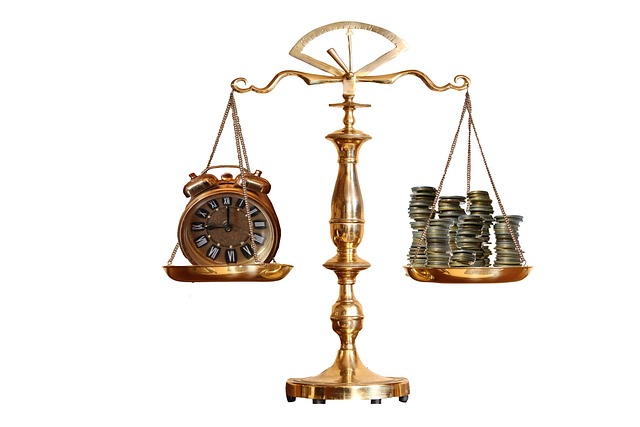Corporate crime investigations face complex legal challenges, with jury selection a critical phase. Understanding Legal Grounds for Jury Selection Objections is essential for attorneys to ensure fair trials and strategic defenses. By challenging jurors based on biases or conflicts, they aim to protect accused corporations and individuals from unfair verdicts. Case studies of white-collar offenses reveal the importance of this process in holding corporations accountable while preserving justice within influential networks, shaping public perception and legal frameworks.
Corporate Crime Investigations delve into the complex landscape of legal proceedings against businesses accused of illegal activities. This article explores crucial aspects, starting with an in-depth look at the legal framework governing these investigations. We discuss the role of jury selection and its significance in corporate criminal trials, highlighting key legal grounds for objections. Through real-world case studies, we analyze implications and best practices for handling such high-stakes cases, offering valuable insights into navigating objections to jury duty.
- Understanding Corporate Crime Investigations: The Legal Framework
- The Role of Jury Selection in Corporate Criminal Trials
- Exploring Objections: Grounds for Exclusion in Jury Duty
- Case Studies: Examining Real-World Examples and Implications
Understanding Corporate Crime Investigations: The Legal Framework

Corporate Crime Investigations are governed by a robust legal framework designed to combat white-collar and economic crimes. This framework encompasses various laws and regulations at both the federal and state levels, targeting corporate misconduct ranging from fraud to money laundering. Understanding these legal grounds is paramount for both investigators and attorneys involved in such cases. The process often involves meticulous document review, witness interviews, and a deep analysis of financial records.
One critical aspect within this framework is the Legal Grounds for Jury Selection Objections. These objections play a significant role in ensuring a fair trial by allowing challenges to potential jurors who may harbor biases or conflicts of interest. This strategic approach helps maintain the integrity of the judicial process, particularly in high-profile cases involving prominent corporations and their influential philanthropic and political communities. By navigating these legal intricacies, attorneys can build strong defenses, thereby increasing their chances of winning challenging defense verdicts in corporate crime investigations.
The Role of Jury Selection in Corporate Criminal Trials

In corporate criminal trials, jury selection plays a pivotal role in ensuring fairness and reaching just verdicts. The process involves scrutinizing potential jurors based on legal grounds for objections, such as biases, conflicts of interest, or inability to understand complex legal issues. This careful evaluation is essential to assemble a jury that can impartially evaluate the evidence presented at all stages of the investigative and enforcement process.
The role of the jury is not merely to listen to arguments but to delve into the intricacies of corporate behavior, balancing the interests of the philanthropic and political communities. Objections during jury selection help prevent situations where jurors might unconsciously influence their decisions based on preconceived notions or external pressures. Thus, a well-selected jury ensures that the outcome reflects the facts and applicable laws, upholding the integrity of the entire judicial process.
Exploring Objections: Grounds for Exclusion in Jury Duty

In corporate crime investigations, one of the critical stages is jury selection, where potential jurors are evaluated for their suitability to serve impartially. Legal grounds for objections during this process are essential tools for achieving extraordinary results in defense strategies. Lawyers may challenge prospective jurors based on various factors, such as prior knowledge of the case or personal biases, aiming to avoid indictment or secure a complete dismissal of all charges.
Understanding these legal grounds for jury selection objections is crucial for navigating complex corporate crime trials. By skillfully employing these objections, legal professionals can ensure a fair and impartial jury, significantly influencing the outcome of the case. This strategic approach not only protects the rights of the accused but also fosters confidence in the judicial system.
Case Studies: Examining Real-World Examples and Implications

Examining real-world examples through case studies is invaluable when understanding corporate crime investigations. These studies provide insights into the complex interplay between legal proceedings, business practices, and societal implications. For instance, recent high-profile cases have highlighted the challenges of applying criminal charges in white collar defense, where offenses often involve intricate financial schemes and subtle legal gray areas. The process of jury selection becomes a crucial aspect, as understanding potential biases is essential to ensure fair trials based on solid legal grounds. These examples reveal the delicate balance between holding corporations accountable while protecting the rights of both corporate and individual clients, especially within the philanthropic and political communities that often find themselves entangled in such scandals.
Moreover, case studies expose the far-reaching consequences of corporate crime, shaping public perception and regulatory frameworks. They offer a lens through which to analyze not only the immediate impact on affected parties but also the broader societal effects, influencing future legal strategies and business conduct. By studying these real-world scenarios, practitioners can gain valuable insights into effective investigative techniques, strategic plea negotiations, and successful defense mechanisms, ultimately contributing to a more robust white collar defense approach.
Corporate crime investigations require a meticulous approach, combining robust legal frameworks with fair jury selection processes. Understanding the intricate details of both is crucial in ensuring justice and upholding the integrity of corporate trials. By exploring real-world case studies, we can identify key challenges, such as navigating complex legal grounds for objections during jury duty. This knowledge equips us to strengthen procedures, making corporate criminal trials more effective and equitable.






